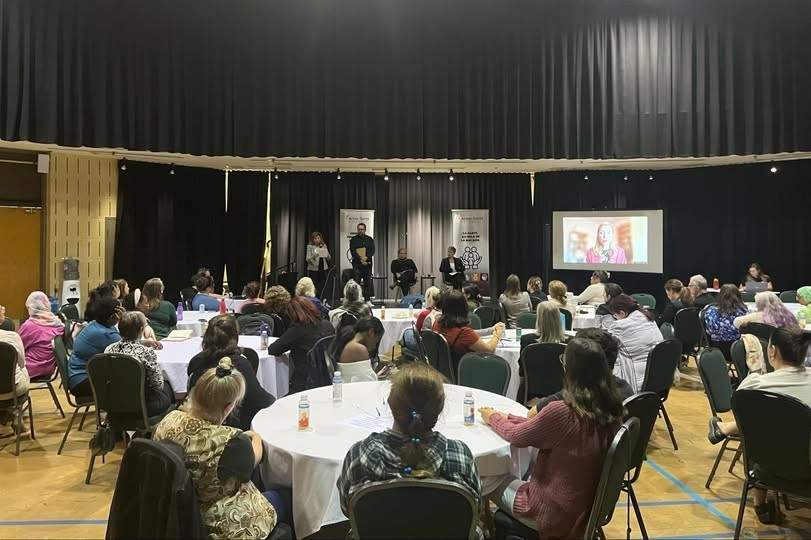Tashi Farmilo
LJI Reporter
Women across the Outaouais are raising their voices about a health-care system they say i
increasingly inaccessible, inequitable, and unresponsive to their needs. A new regional report,
based on consultations held in the autumn of 2024, has brought forward sharp critiques of how
the system serves women—from delayed diagnoses and inadequate mental health care to
medical racism and a lack of reproductive services in rural areas.
The report, La santé des femmes en Outaouais: Défis et solutions prioritaires , was produced by
Action Santé Outaouais (ASO) in partnership with the Assemblée des groupes de femmes
d’interventions regionales (AGIR) Outaouais. It draws on testimony from over 200 women who
took part in public workshops and responded to a detailed online survey. Together, their
accounts reflect a system that is not just strained but, in many cases, structurally unfit to meet
the realities of women’s lives.
Among the most pressing concerns raised was the sheer difficulty of accessing care. Women
described long wait times for basic appointments, frequent service disruptions, and the near
impossibility of securing psychological support through the public system. Many said they had
resorted to private care, when they could afford it, or given up altogether.
Geography compounds these issues. In the Pontiac, women noted that obstetric services have
not resumed since they were suspended in 2020. Women there must now travel to Gatineau or
Pembroke to give birth, often while in active labour. Similar gaps exist across other rural MRCs,
where specialized care is centralized in Gatineau and rarely tailored to local needs.
Even where services are available, many respondents said they felt dismissed or poorly treated.
Several women recounted experiences where doctors downplayed their symptoms,
misdiagnosed chronic conditions, or appeared unfamiliar with issues like menopause or
endometriosis. One recurring theme was a widespread sense that women’s pain was not taken
seriously, and that their health concerns were too often reduced to anxiety or stress.
The report devotes particular attention to the experiences of racialized and immigrant women,
many of whom face additional barriers, including language, cultural misunderstanding, and
systemic discrimination. Some reported being stereotyped or judged, while others spoke of
being excluded from decision-making about their own care. One respondent described being
told to “just lose weight” when seeking help for chronic fatigue. Another noted the absence of
interpretation services for deaf or allophone patients, calling it “an invisible wall between us and
the care we need.”
Mental health was another area of acute concern. The report highlights not only the lack of
available services but also the overreliance on medication in the absence of proper
assessments or follow-up care. Many respondents called for broader recognition of the role that
social workers, psychoeducators, and other non-medical professionals could play in mental
health support. Several emphasized the need for trauma-informed approaches, particularly for
women who have experienced violence.
While the diagnosis is grim, the report also lays out a path forward. Key recommendations
include decentralizing services to better reach rural communities, expanding the roles of non-
physician health professionals, investing in mobile clinics and local CLSCs, and enhancing
continuing education for doctors on gender-specific health issues.
The report also urges the government to treat accessibility as a core determinant of health,
particularly for women who face overlapping forms of marginalization. It argues that housing,
income, transportation, and systemic bias are not external factors, but central to how health
outcomes are shaped in the region.
What emerges from the report is not simply a critique of policy but a demand for recognition.
Recognition that women in Outaouais are navigating a system that was not designed with them
in mind. Recognition that equity in health care is not just a question of funding, but of priorities.
And recognition that, unless voices like those in this report are listened to, the gap between
public services and public needs will only continue to grow.
Photo: A new report from Action Santé Outaouais and AGIR Outaouais finds women in
Outaouais face persistent barriers to health care, calling for systemic reforms after repeated
public consultations raised the same concerns. (TF) Photo: Courtesy of AGIR

